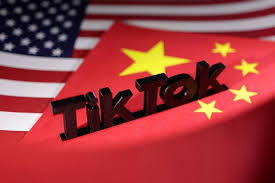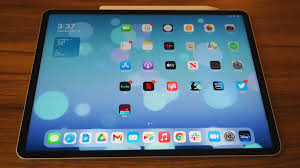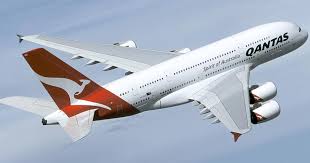In a $14 billion transaction, pharmaceutical giant Bristol Myers Squibb will purchase biopharmaceutical startup Karuna Therapeutics, which has created a novel antipsychotic.
Karuna and Bristol Myers Squibb disclosed their merger agreement on Friday. The deal, which will pay $330 in cash for each share, gives Karuna’s stock on Thursday a 53% premium. The boards of directors of both firms unanimously authorized the deal.
The main product offered by Karuna is KarXT, an investigational antipsychotic with an intriguing new mechanism. The U.S. Food and Drug Administration are actively reviewing KarXT for the treatment of adult schizophrenia. The medication is also being tested for psychosis associated with Alzheimer’s disease.
The CEO of Bristol Myers Squibb, Christopher Boerner, stated in a prepared statement that “we expect KarXT to enhance our growth through the late 2020s and into the next decade,” adding that the acquisition of Karuna expands the company’s neuroscience portfolio.
Eliquis is the best-selling medication from Bristol; it treats and prevents hazardous blood clots.
Karuna’s president and CEO, Bill Meury, noted that KarXT and other assets “will be well-positioned to reach those living with schizophrenia and Alzheimer’s disease psychosis” as a result of the merger, citing Bristol Myers Squibb’s well-known position in the industry.
Analysts are optimistic about KarXT’s future as well. If the medication is introduced to the market with several applications, peak year unadjusted sales might reach $6.8 billion, according to a research note published on Friday by Graig Suvannavejh, senior U.S. healthcare equities research analyst at Mizuho Securities.
Bristol Myers Squibb shares were up almost 2% during Friday afternoon trading. The company’s stock has dropped more than 27% so far this year, which is comparable to trends observed in other major drugmakers in 2023.


















